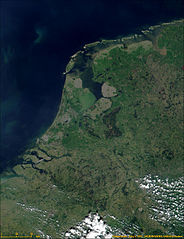| Nelson Mandela in Brazil/1998 Agência Brasil |
"Today the memorial for Nelson Mandela is being held in Johannesburg. The interfaith ceremony features prayers, eulogies by members of Mandela's family, and remarks by four presidents and a vice-president. It is expected that the 95,000-capacity stadium where the memorial will take place will be filled, and fittingly so for a man whose impact on the world he leaves behind is inexpressible. As South African President Jacob Zuma said:
"Our nation has lost its greatest son. Our people have lost a father. Although we knew that this day would come, nothing can diminish our sense of a profound and enduring loss. His tireless struggle for freedom earned him the respect of the world. His humility, his compassion, and his humanity earned him their love."We feature today an interview with Cosimo author Danny Schechter, who has spent years working in South Africa and released six films about Mandela.Schechter most recently published Madiba A to Z: The Many Faces of Nelson Mandela in conjunction with the release of the Mandela biopic Long Walk to Freedom. In an interview with Democracy Now!, Schechter talks about Mandela's enduring legacy and his experiences in South Africa.......





























